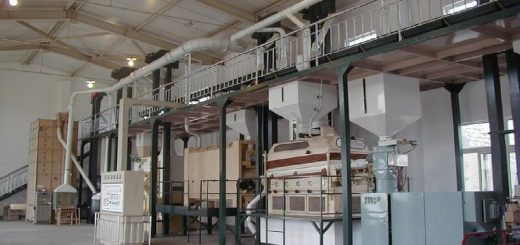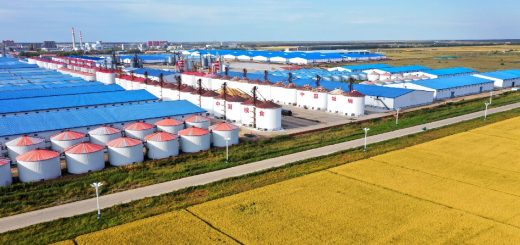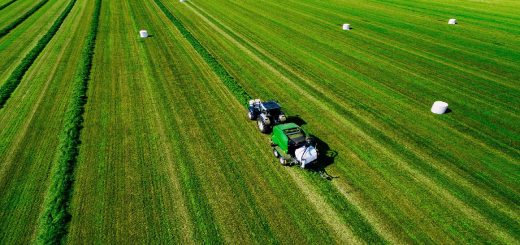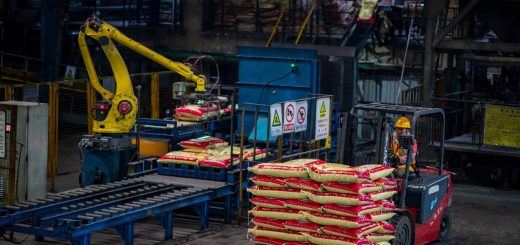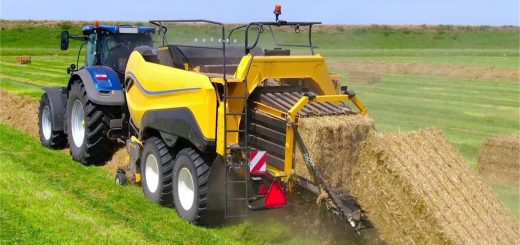Fertilizer Production Machinery: Modern Tools for Efficient and Sustainable Fertilizer Manufacturing
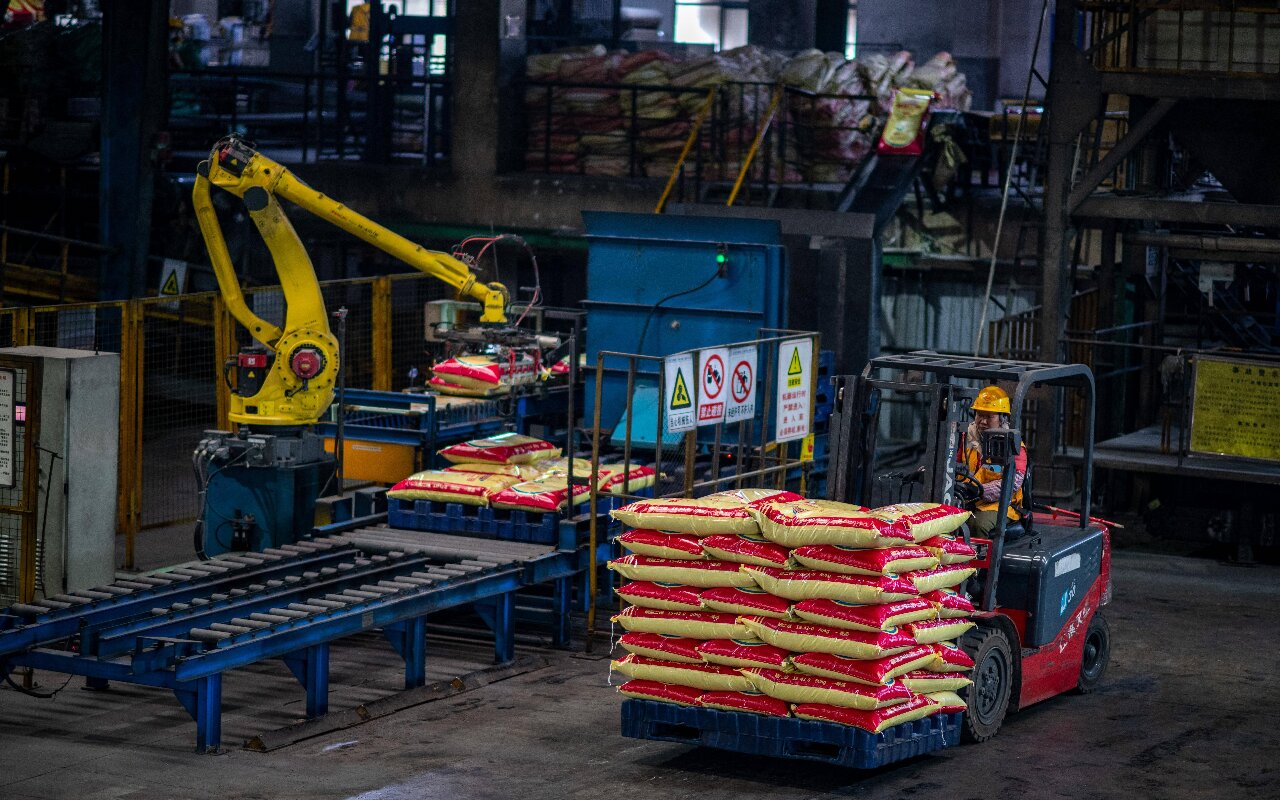
Fertilizer production machinery refers to specialized equipment used to manufacture chemical, organic, and compound fertilizers. These machines play a critical role in modern agriculture by ensuring the efficient production of high-quality fertilizers to meet the growing demand for crop nutrients. This article explores what fertilizer production machinery is, its types, functions, advantages, and how it differs from traditional fertilizer production methods.
What is Fertilizer Production Machinery?
Fertilizer production machinery includes a range of equipment designed to process raw materials into fertilizers. These machines handle tasks such as crushing, mixing, granulating, drying, cooling, and packaging. They are essential for producing fertilizers in large quantities while maintaining consistent quality and reducing environmental impact.
Types of Fertilizer Production Machinery
- Crushers and Mixers:
- Crushers break down raw materials like phosphate rock or organic waste into smaller particles, while mixers blend different materials to create uniform fertilizer formulas.
- Granulators:
- Granulators shape fertilizer mixtures into small, uniform pellets, making them easier to store, transport, and apply to fields. Common types include rotary drum granulators and disc granulators.
- Dryers and Coolers:
- Dryers remove moisture from fertilizer granules to improve shelf life, while coolers reduce the temperature of hot granules to prevent clumping.
- Coating Machines:
- Coating machines add protective layers to fertilizer granules to control nutrient release and reduce dust.
- Packaging Machines:
- Packaging machines automatically weigh, fill, and seal fertilizer bags, ensuring efficient and hygienic distribution.
Functions and Benefits of Fertilizer Production Machinery
- Efficient Production:
- These machines automate the fertilizer manufacturing process, significantly increasing production speed and output.
- Consistent Quality:
- Advanced machinery ensures uniform fertilizer composition, size, and nutrient content, leading to better crop performance.
- Cost-Effectiveness:
- Automation reduces labor costs and minimizes material waste, making fertilizer production more economical.
- Environmental Sustainability:
- Modern machinery reduces emissions, dust, and waste, promoting eco-friendly fertilizer production.
- Versatility:
- Fertilizer production machinery can handle a wide range of materials, including chemical compounds, organic waste, and biofertilizers.
Fertilizer Production Machinery vs. Traditional Methods
- Automation vs. Manual Labor:
- Traditional methods rely heavily on manual labor for mixing, shaping, and packaging, which is time-consuming and prone to errors. Machinery automates these processes, ensuring efficiency and precision.
- Scale and Speed:
- Traditional methods are limited in scale and slow, while machinery can produce large quantities of fertilizer quickly to meet market demands.
- Quality Control:
- Machinery ensures consistent fertilizer quality, whereas traditional methods often result in uneven nutrient distribution and inconsistent granule sizes.
- Environmental Impact:
- Modern machinery reduces pollution and waste, while traditional methods may generate more dust, emissions, and by-products.
- Cost and Investment:
- While machinery requires an initial investment, it saves long-term costs by reducing labor and material waste. Traditional methods may seem cheaper initially but are less efficient in the long run.
Conclusion
Fertilizer production machinery has revolutionized the fertilizer industry by offering efficient, sustainable, and cost-effective solutions for manufacturing high-quality fertilizers. These machines address the limitations of traditional methods, ensuring consistent quality, reducing environmental impact, and meeting the growing demand for crop nutrients. As agriculture continues to evolve, fertilizer production machinery will remain a cornerstone of modern farming practices.


